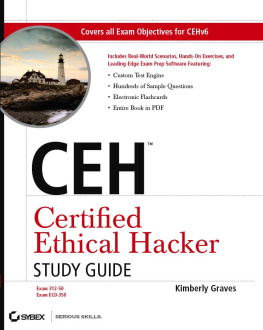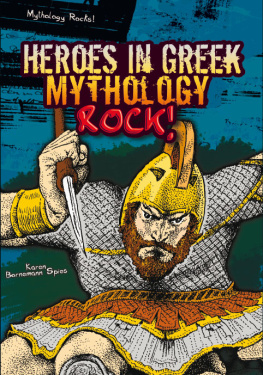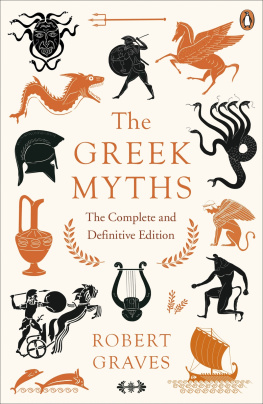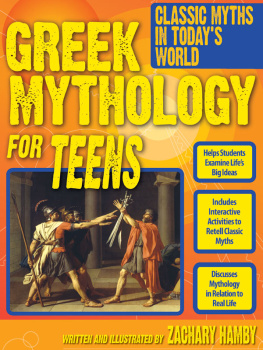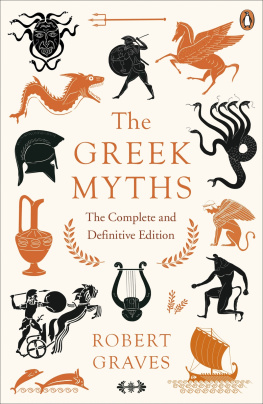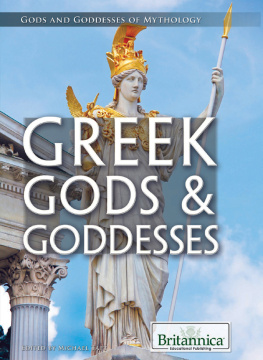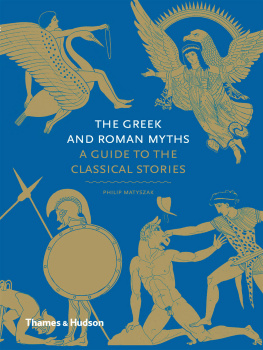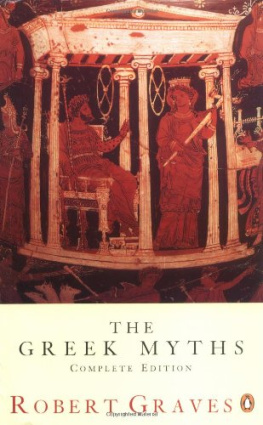PENGUIN BOOKS
THE GREEK MYTHS
VOLUME TWO
Robert Graves was born in 1895 in Wimbledon, son of Alfred Percival Graves, the Irish writer, and Amalia von Ranke. He went from school to the First World War, where he became a captain in the Royal Welch Fusiliers. His principal calling was poetry, and his Selected Poems have been published in the Penguin Poets. Apart from a year as Professor of English Literature at Cairo University in 1926, he earned his living by writing, mostly historical novels, which include I, Claudius; Claudius the God; Sergeant Lamb of the Ninth; Count Belisarius; Wife to Mr Milton (all published in Penguins); Proceed, Sergeant Lamb; The Golden Fleece; They Hanged My Saintly Billy; and The Isles of Unwisdom. He wrote his autobiography, Goodbye to All That, in 1929 and it rapidly established itself as a modern classic. The Times Literary Supplement acclaimed it as one of the most candid self-portraits of a poet, warts and all, ever painted, as well as being of exceptional value as a war document. His two most discussed non-fiction books are The White Goddess, which presents a new view of the poetic impulse, and The Nazarine Gospel Restored (with Joshua Podro), a re-examination of primitive Christianity. He translated Apuleius, Lucan and Suetonius for the Penguin Classics, and compiled the first modern dictionary of Greek mythology, The Greek Myths. His translation of The Rubiyt of Omar Khayym (with Omar Ali-Shah) is also published in Penguins. He was elected Professor of Poetry at Oxford in 1961, and made an Honorary Fellow of St Johns College, Oxford, in 1971.
Robert Graves died on 7 December 1985 in Majorca, his home since 1929. On his death The Times wrote of him, He will be remembered for his achievements as a prose stylist, historical novelist and memoirist, but above all as the great paradigm of the dedicated poet, the greatest love poet in English since Donne.
ROBERT GRAVES
THE GREEK MYTHS
VOLUME TWO

PENGUIN BOOKS
PENGUIN BOOKS
Published by the Penguin Group
Penguin Books Ltd, 80 Strand, London WC2R 0RL, England
Penguin Putnam Inc., 375 Hudson Street, New York, New York 10014, USA
Penguin Books Australia Ltd, 250 Camberwell Road, Camberwell, Victoria 3124, Australia
Penguin Books Canada Ltd, 10 Alcorn Avenue, Toronto, Ontario, Canada M4V 3B2
Penguin Books India (P) Ltd, 11 Community Centre, Panchsheel Park, New Delhi 110 017, India
Penguin Books (NZ) Ltd, Cnr Rosedale and Airborne Roads, Albany, Auckland, New Zealand
Penguin Books (South Africa) (Pty) Ltd, 24 Sturdee Avenue, Rosebank 2196, South Africa
Penguin Books Ltd, Registered Offices: 80 Strand, London WC2R 0RL, England
www.penguin.com
First published in Pelican Books 1955
Reprinted with amendments 1957
Revised edition 1960
Reprinted in Penguin Books 1990
Copyright Robert Graves, 1955, 1960
All rights reserved
Except in the United States of America, this book is sold subject to the condition that it shall not, by way of trade or otherwise, be lent, re-sold, hired out, or otherwise circulated without the publishers prior consent in any form of binding or cover other than that in which it is published and without a similar condition including this condition being imposed on the subsequent purchaser
ISBN: 978-0-14-194179-0
CONTENTS OF VOLUME TWO
105
OEDIPUS
L AIUS , son of Labdacus, married Iocaste, and ruled over Thebes. Grieved by his prolonged childlessness, he secretly consulted the Delphic Oracle, which informed him that this seeming misfortune was a blessing, because any child born to Iocaste would become his murderer. He therefore put Iocaste away, though without offering any reason for his decision, which caused her such vexation that, having made him drunk, she inveigled him into her arms again as soon as night fell. When, nine months later, Iocaste was brought to bed of a son, Laius snatched him from the nurses arms, pierced his feet with a nail and, binding them together, exposed him on Mount Cithaeron.
b. Yet the Fates had ruled that this boy should reach a green old age. A Corinthian shepherd found him, named him Oedipus because his feet were deformed by the nail-wound, and brought him to Corinth, where King Polybus was reigning at the time.
c. According to another version of the story, Laius did not expose Oedipus on the mountain, but locked him in a chest, which was lowered into the sea from a ship. This chest drifted ashore at Sicyon, where Periboea, Polybuss queen, happened to be on the beach, supervising her royal laundry-women. She picked up Oedipus, retired to a thicket and pretended to have been overcome by the pangs of labour. Since the laundry-women were too busy to notice what she was about, she deceived them all into thinking that he had only just been born. But Periboea told the truth to Polybus who, also being childless, was pleased to rear Oedipus as his own son.
One day, taunted by a Corinthian youth with not in the least resembling his supposed parents, Oedipus went to ask the Delphic Oracle what future lay in store for him. Away from the shrine, wretch! the Pythoness cried in disgust. You will kill your father and marry your mother!
d. Since Oedipus loved Polybus and Periboea, and shrank from bringing disaster upon them, he at once decided against returning to Corinth. But in the narrow defile between Delphi and Daulis he happened to meet Laius, who ordered him roughly to step off the road and make way for his betters; Laius, it should be explained, was in a chariot and Oedipus on foot. Oedipus retorted that he acknowledged no betters except the gods and his own parents.
So much the worse for you! cried Laius, and ordered his charioteer Polyphontes to drive on.
One of the wheels bruised Oedipuss foot and, transported by rage, he killed Polyphontes with his spear. Then, flinging Laius on the road entangled in the reins, and whipping up the team, he made them drag him to death. It was left to the king of Plataeae to bury both corpses.
e. Laius had been on his way to ask the Oracle how he might rid Thebes of the Sphinx. This monster was a daughter of Typhon and Echidne or, some say, of the dog Orthrus and the Chimaera, and had flown to Thebes from the uttermost part of Ethiopia. She was easily recognized by her womans head, lions body, serpents tail, and eagles wings. Hera had recently sent the Sphinx to punish Thebes for Laiuss abduction of the boy Chrysippus from Pisa and, settling on Mount Phicium, close to the city, she now asked every Theban wayfarer a riddle taught her by the Three Muses: What being, with only one voice, has sometimes two feet, sometimes three, sometimes four, and is weakest when it has the most? Those who could not solve the riddle she throttled and devoured on the spot, among which unfortunates was Iocastes nephew Haemon, whom the Sphinx made haimon, or bloody, indeed.
Oedipus, approaching Thebes fresh from the murder of Laius, guessed the answer. Man, he replied, because he crawls on all fours as an infant, stands firmly on his two feet in his youth, and leans upon a staff in his old age. The mortified Sphinx leaped from Mount Phicium and dashed herself to pieces in the valley below. At this the grateful Thebans acclaimed Oedipus king, and he married Iocaste, unaware that she was his mother.
f. Plague then descended upon Thebes, and the Delphic Oracle, when consulted once more, replied: Expel the murderer of Laius! Oedipus, not knowing whom he had met in the defile, pronounced a curse on Laiuss murderer and sentenced him to exile.
Next page


